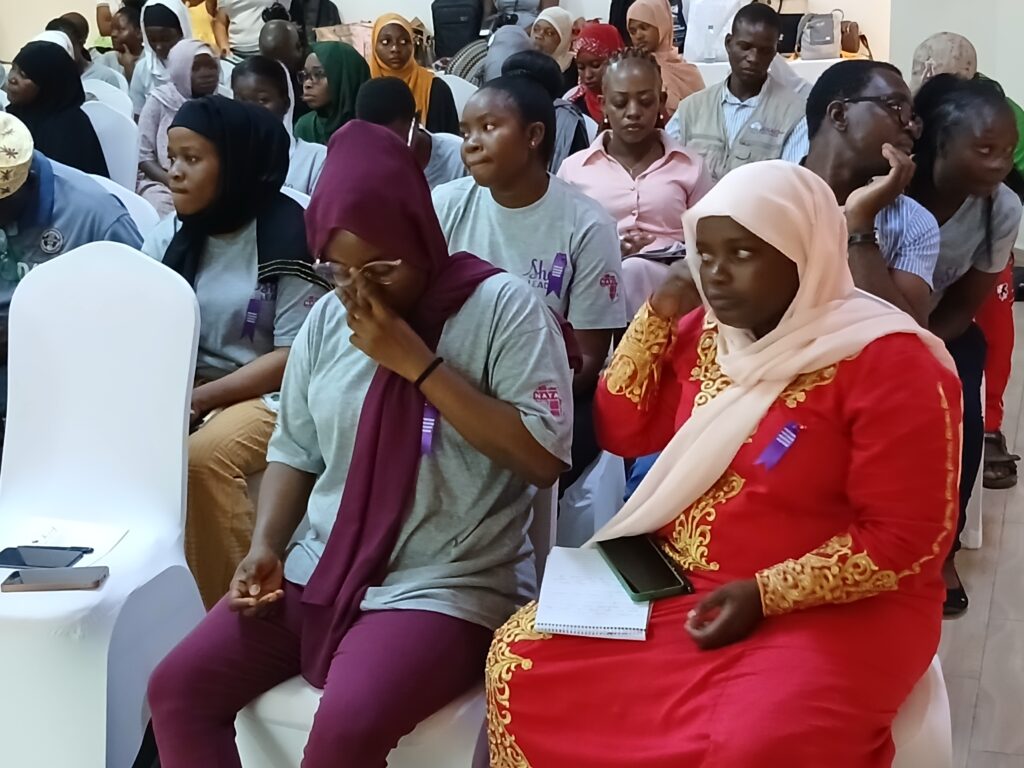BY SHABAN OMAR
The She Leads’ Girls and Young Women Summit this year was a vibrant and impactful event.
Held at the Diani Reef Hotel in Kwale County, the gathering exuded energy and purpose.
The She Leads programme is implemented in six counties: Kajiado, Kwale, Kisumu, Nairobi, Homa Bay, Mombasa and at the national level.
It is a five-year lobby and advocacy program implemented by a consortium of organizations, including Plan International Netherlands, Defence for Children -ECPAT the Netherlands, the African Women’s Development and Communication Network, and Terre des Hommes Netherlands.
In partnership with the Ministry of Foreign Affairs of the Netherlands, She Leads aims to empower GYWs by promoting their active involvement in decision-making and transforming social and gender norms in formal and informal institutions. 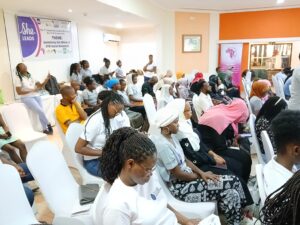

The theme for this year’s Third Annual Summit was dubbed, “Sustaining the Efforts of the GYW Social Movement,” which underscored the importance of continuing the work and commitment to empowering girls and young women.
The summit celebrated progress fostered collaboration, and reinforced the ongoing drive for positive change in the lives of young women across various communities.
The summit brought together a diverse group of attendees, including girls and young women from She Leads counties, civil society organizations, and networks involved in the implementation of She Leads initiatives.
Representatives from grassroots organizations, community gatekeepers, religious leaders, the Embassy of the Kingdom of Netherlands, government officials, and other key policymakers also participated, creating a platform for collaboration and exchange of ideas.
The inclusive gathering aimed to strengthen partnerships and drive collective action toward sustaining the efforts of the GYW social movement.
In her address, Magdaline Muoki, the Country Director of Terre des Hommes Netherlands in Kenya, said that the summit aimed to review achievements and explore strategies to sustain advocacy and empowerment programs as the She Leads initiative nears its conclusion.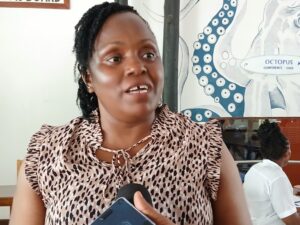

Muoki said that the summit also provided a vital platform for stakeholders to reflect on critical issues such as gender-based violence (GBV), with a particular focus on the alarming rise in femicide cases.
She called for collaborative efforts to devise practical and sustainable solutions to the pressing challenges.
“The summit comes at an opportune time as we mark the 16 Days of Activism. Femicide in this country is a significant issue, and as duty bearers, we must develop more strategies to address it and ensure the safety of women and girls,” she said.
Muoki said femicide is not just a personal tragedy but a societal crisis and stakeholders need to develop proper strategies and policies that ensure women and girls are safe, empowered, and free to express themselves without fear.
Muoki called for a multi-sectoral approach, involving governments, civil society, and communities, to create a secure environment where the rights and dignity of women are upheld.
She urged everyone to actively participate in the conversation about femicide and work towards changing societal norms that undermine and inhibit women’s progress.
“Ending femicide requires all of us to come together and challenge the cultural and social attitudes that perpetuate violence against women. “Let’s walk this journey together and create a balanced environment where women don’t feel intimidated or silenced,” she said.
Muoki further asked the institutions tasked with ensuring the safety of all Kenyans, including women and girls to step forward and fulfill their responsibilities effectively.
She said women and girls must feel that the systems meant to safeguard them are reliable and robust.
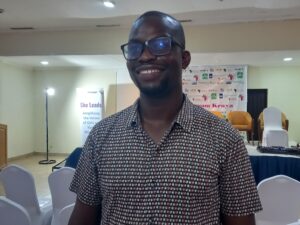 The Head of Programmes at NAYA, Robert Aseda said the She Leads program is a key initiative in the effort to empower women and challenge negative cultural practices in society.
The Head of Programmes at NAYA, Robert Aseda said the She Leads program is a key initiative in the effort to empower women and challenge negative cultural practices in society.He said the program is designed to equip and connect girls and young women with empowerment opportunities to build their resilience and enable them to thrive,” Aseda explained.
He further noted that the program has established a strong foundation where young girls can advocate for better policies and secure sufficient resources to protect and uphold their rights.
“This initiative not only builds individual capacities but also strengthens collective action to fight for equality and justice,” he said.
The Director of County Youth Affairs hailed the initiative for bringing together policymakers, grassroots activists, educators, and community leaders in a shared mission to challenge the cultural norms and societal inequalities that perpetuate violence.
He said the program focuses on raising public awareness, providing support systems for victims, and promoting gender equality through education and advocacy.
“We cannot address the femicide issue just by telling people to stop but rather have a dialogue and find the root cause,” said Simiyu.
He said fostering collaboration between institutions, the campaign aims to ensure that no woman or girl is left vulnerable and that perpetrators are held accountable.
Simiyu expressed deep concern over the growing number of women losing their lives at the hands of men who are supposed to protect them.
He said it is worrying to witness acts of violence against women from the people who are meant to safeguard and cherish them. 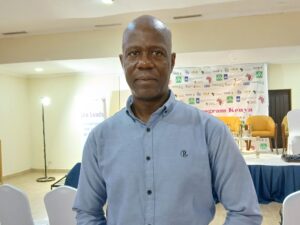

Simiyu said people often blame the devil, but the real problem lies within the society.
Simiyu reaffirmed the government’s commitment to collaborating with various stakeholders advocating for the rights of women and girls.
He said the government is determined to create equal opportunities and a safer environment where women and girls can thrive without fear of violence or discrimination.
Simiyu, however, urged girls to take personal responsibility for their safety, cautioning them against actions that might put their lives in danger.
“While we work to ensure systemic protection, it is equally vital for individuals to remain vigilant and make choices that prioritize their well-being,” he said.
The County Executive for Social Services and Talent Management, Francisca Kilonzo announced that the county had passed the Gender Act 2023 to strengthen the protection of women and girls in the region.
She added that the county has also created equal opportunities for women and girls as part of its broader strategy to address gender-based violence, which is often driven by poverty and systemic inequalities.
“By addressing the root causes and empowering women economically, we are taking meaningful steps to create a safer and more equitable society,” she said.
Kilonzo reiterated the county’s dedication to implementing policies that promote gender equality and uphold human dignity.
Aisha Mwanyungu, a beneficiary of the She Leads program, expressed her concern over the rising cases of femicide, which she described as a troubling issue for her generation.
She said femicide is deeply worrying them adding that It’s heartbreaking to see young lives being taken away so recklessly.
She urged society to take the femicide conversation seriously and commit to meaningful actions to end the crisis.
“This is not just a women’s issue. It’s a human issue. We must all work together to create a safer environment for everyone,” she said.


